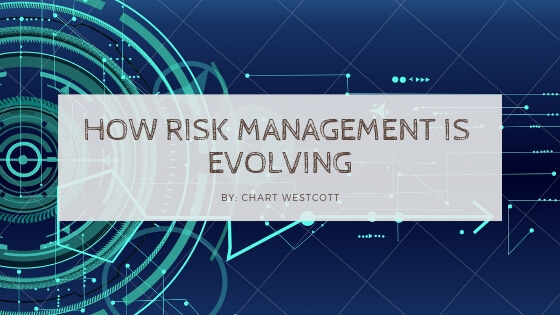Risk management is the process of identifying, evaluating, and monitoring risks and uncertainties to prevent loss incidences in a company. The risk management process involves the application of organizational resources to monitor and control risk factors to minimize or eliminate the losses that a business can experience. Recent trends in risk management show that the process is evolving. Here are some of the risk management trends that risk managers should understand.
Cognitive Technologies
Advancement in technology has seen the emergence of machines and artificial intelligence which makes risk prediction, control, and eradication a more straightforward process. Companies are now managing risks through the use of advanced tools, which are self-managing. Cognitive technologies in risk management have seen the emergence of machines that are self-defending and even self-healing.
Interconnectedness of Risks
Recent trends show that a significant number of risks in the industry are interconnected. This means that uncertainty in the stock market could lead to severe problems in other areas of the organization. This has made the risk management process more comprehensive and detailed. Diagnostic measures are not only implemented in the affected department but also in other areas within the company.
The Shift in Risk Responsibilities
For more extended periods, external auditors have been responsible for identifying risks and suggesting the best methods of avoiding risks to the organization. However, recent trends in risk management show that a significant number of companies around the world have an internal auditor. The primary responsibilities of the internal auditor are to detect risks at an early stage hence instituting the first line of defense.
The Accuracy of Risk Monitors
Traditionally, risk management process involved detecting risks facing the company while at the same time developing strategies to minimize risk spread. In the age of big data, the role of risk monitors is to ensure that they can detect risks before they can start affecting the operations of the company. The ability to identify threats before they can impact the organization is a critical phase in the evolution of risk management.
Reliance on the Cloud
Risk management strategies, especially those aimed at protecting critical data against infiltration, are relying more on the cloud to protect their information rather than the desktops on the office. Cloud storage is proving to be more secure and reliable due to security firewalls that cannot be infiltrated with ease.



